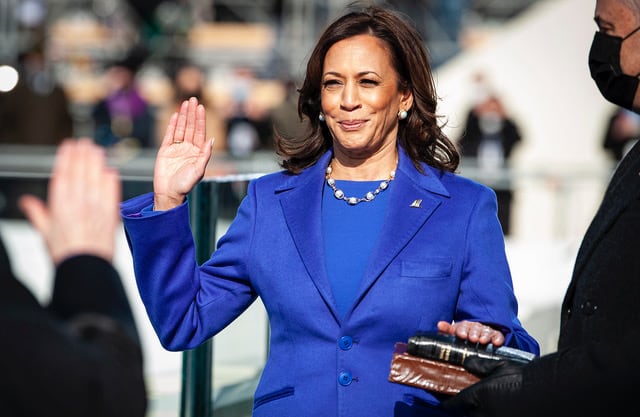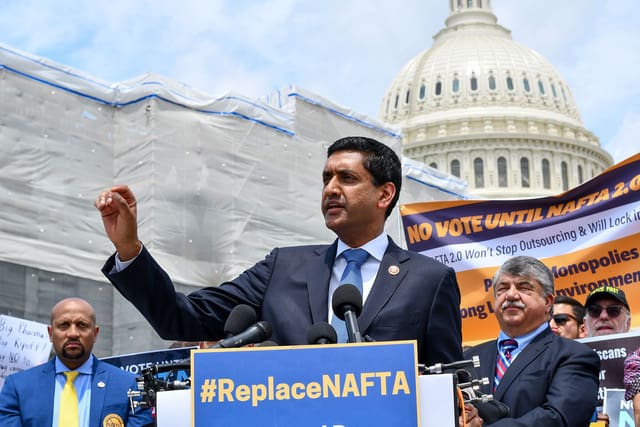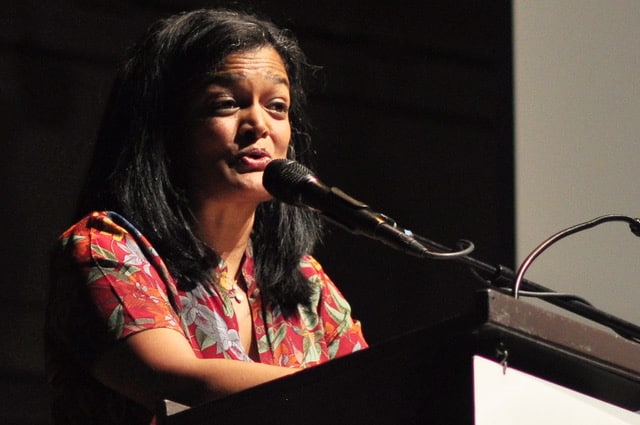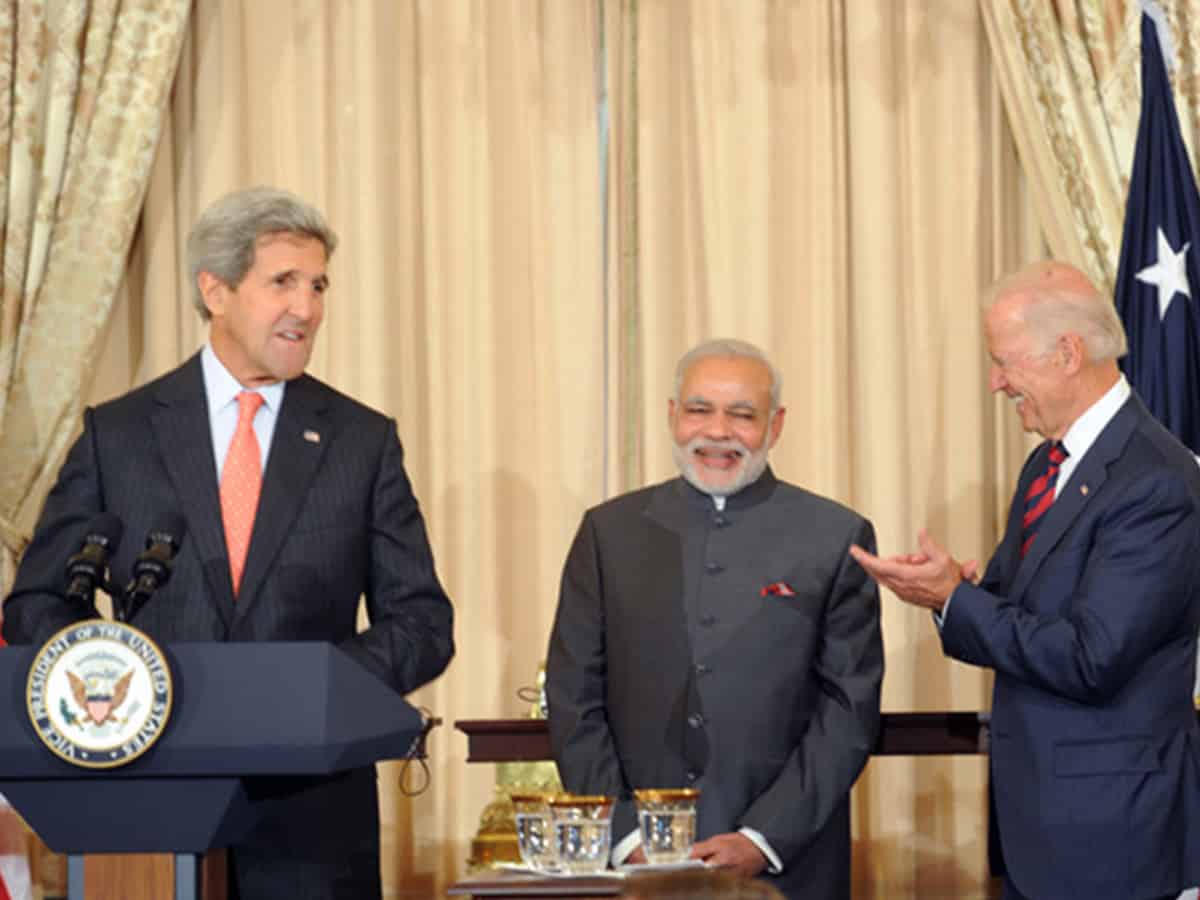
One of the most keenly tracked events for the region on Friday will be the summit meet between Prime Minister Narendra Modi and United States President Joseph Biden in Washington DC. The significance of PM Modi’s sojourn to the United States is underscored by a series of engagements including the first in-person meeting of Quad (Quadrilateral Security Dialogue) leaders — India, The United States, Japan and Australia.

Nurtured over decades, the India and the United States ‘Comprehensive Global Strategic Partnership” today spreads across 50 areas from space to sea and propelling this relationship is the presence of 40 lakh Indians/Indian-Americans — many of whom contribute in the higher echelons of politics, administrative and businesses decision making institutions.
The meeting between Modi and Biden will be the first formal interaction at the top level after the latter assumed office in January this year. Although the American head of state and his Indian counterpart spoke on the phone during the last few months, this will be a good opportunity to take forward the acquaintance these leaders had during the time Biden served as the Vice President in the Obama administration.
Ahead of it, PM Modi will meet Vice President Kamala Harris, who has a sizable portfolio of management of COVID-19 response, immigration issue, and space force. India’s particular interest is cooperation in science and technology. Harris, born to an Indian mother and Jamaican father, is considered a liberal with left-leaning views and critical of right-wing pursuits.

The bilateral agenda for the PM and President include increasing trade between the two countries which currently is around $150 billion, deeper defence and security collaboration. Plus, there is also an initiative to work towards commitment for a clean and green world and high-end technology development. The development in Afghanistan with particular concern over terror and setting up the AUKUS strategic alliance comprising the US, UK and Australia should be on the table along with India’s long-standing quest for reforms in the United Nations.
Coming as it does amidst the backdrop of the ongoing COVID-19 crisis with the world struggling to emerge from its effect on societies and economies, the meeting will allow the leaders to take a deep look at how the relationship has travelled while also mapping out possible trajectory ahead.
There is bi-partisan support in the United States to its ties with India with both the ruling Democratic Party and the Republican Party committed to promoting the relationship, which was reinforced during the brutal second wave in India this summer. Back then, the Indian Diaspora, Indian-American politicians and corporate businesses pushed the Biden administration to step up relief and medical supplies.
According to a survey conducted in the United States earlier this year, a majority 14 lakh Indian Americans enrolled as voters prefer Democrats amid a feeling in New Delhi that a Republican administration is more favourably disposed towards India.

President Biden is having to deal with multiple pulls both within the Democratic party and pushback by the Republicans, in particular the supporters of former President Donald Trump. Within Democrats, the Progressives are increasingly assertive and have an influential presence in the U.S. Congress, a separate branch under the country’s Constitution.
Besides enacting laws and controlling the purse, Congress plays an important role in many spheres on foreign policy and defence issues. Over the past few years, Indian envoys have increased interaction with members on Capitol Hill.
The Progressive Caucus has two prominent Indian Americans, Pramila Jayapal (a Democrat from Washington State) and Rohit ‘Ro” Khanna (a Democrat from California). Khanna is also the Vice Chair of the bi-partisan India Caucus, the largest country-specific grouping on the House side.

India needs to engage with the Progressives who are seeking to set an agenda promising reform to bring about racial justice and better wages for the people under overall commitment to Human Rights. It is members of this group who in the past raised issues such as ongoing farmers protests in India and the developments in Jammu and Kashmir, causing discomfort at home. Interestingly, Ro Khanna who was among those who raised these issues in welcoming PM Modi’s visit said that it should strengthen the bilateral relations. Tomorrow’s bilateral meeting should set the template for greater engagement between the world’s largest democracy and the oldest democracy spurred by its people on either side.
KV Prasad is a Senior Delhi-based journalist, and a former Fellow with the U S Congress.

